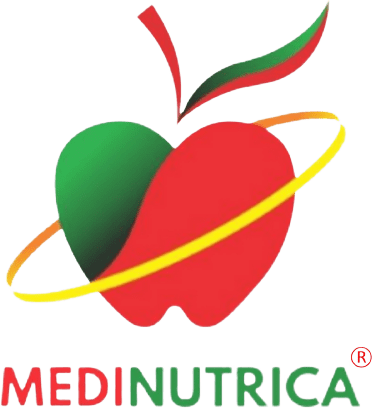If you have diabetes, it’s important to manage your diet carefully to help control blood sugar levels.
Here are 10 foods that people with diabetes may want to limit or avoid:
1. Sugary Beverages
Why to avoid: These beverages can cause rapid spikes in blood sugar levels due to their high sugar content, contributing to poor blood sugar control.
Better choices: Opt for water, herbal teas, or drinks sweetened with non-nutritive sweeteners in moderation.
2. Processed and Refined Carbohydrates
Why to avoid: These foods have a high glycemic index, leading to quick increases in blood sugar. The whole grains contain essential fiber and nutrients, which are absent in them.
Better choices: Choose whole grains like brown rice, quinoa, and whole wheat bread for better blood sugar management.
3. Sweets and Desserts
Why to avoid: Sweets are high in sugars and can lead to rapid spikes in blood glucose levels, making it challenging to maintain stable blood sugar.
Better choices: Consider healthier dessert options like fresh fruits in moderation, or desserts made with sugar substitutes.
4. Fried Foods
Why to avoid: Fried foods can contribute to weight gain and increase the risk of heart disease. The frying process may also form harmful compounds.
Better choices: Opt for cooking methods such as baking, grilling, steaming, or sautéing with healthy oils in moderation.
5. High-Fat Dairy Products
Why to avoid: Full-fat dairy products can be high in saturated fats, potentially impacting insulin sensitivity and increasing the risk of heart disease.
Better choices: Choose low-fat or fat-free dairy options, such as skim milk, low-fat yogurt, and reduced-fat cheeses.
6. Fatty Cuts of Meat
Why to avoid: High-fat meats can contribute to unhealthy cholesterol levels and increase the risk of heart disease, which is already elevated in individuals with diabetes.
Better choices: Opt for lean protein sources like skinless poultry, fish, tofu, and legumes.
7. Excessive Alcohol
Why to limit: Excessive alcohol intake can cause fluctuations in blood sugar levels. It’s crucial to moderate alcohol consumption and be aware of its effects on blood sugar.
Better choices: If you choose to drink, do so in moderation. Engage in a conversation regarding the consumption of alcohol with your healthcare provider.
8. Dried Fruits and Fruit Juices
Why to limit: While fruits are healthy, dried fruits and fruit juices can be concentrated sources of sugar, leading to rapid increases in blood sugar.
Better choices: Choose whole fruits, which contain fiber that helps slow the absorption of sugars.
9. High-Sodium Foods
Why to avoid: High sodium intake can contribute to high blood pressure, increasing the risk of heart disease, which is a common concern for people with diabetes.
Better choices: Focus on fresh, whole foods and use herbs and spices for flavor instead of excessive salt.
10. Trans Fats
Why to avoid: Trans fats can increase bad cholesterol levels and decrease good cholesterol levels, negatively impacting cardiovascular health.
Better choices: Read food labels and avoid products containing partially hydrogenated oils, opting for healthier fats like those found in nuts, seeds, and avocados.


